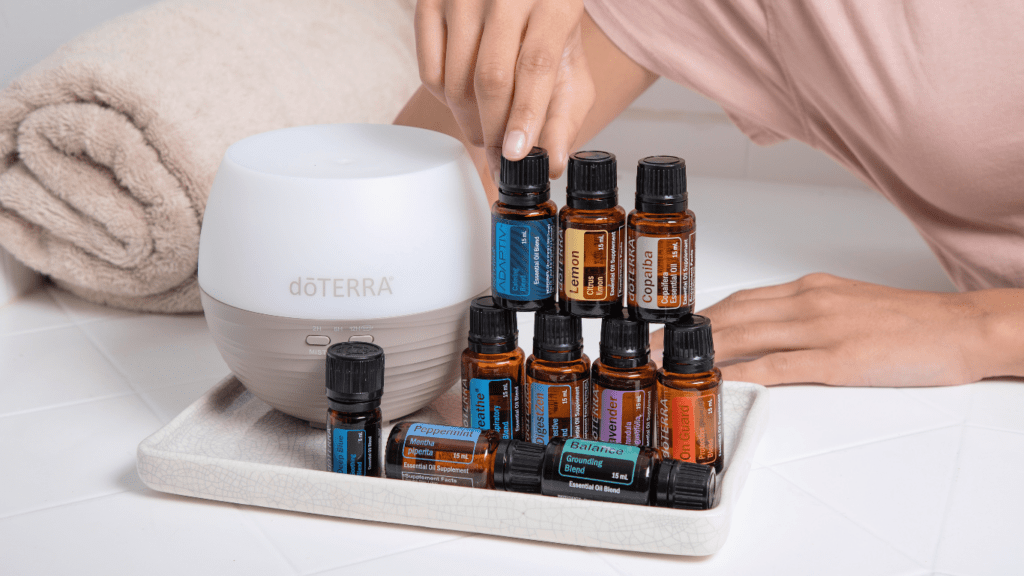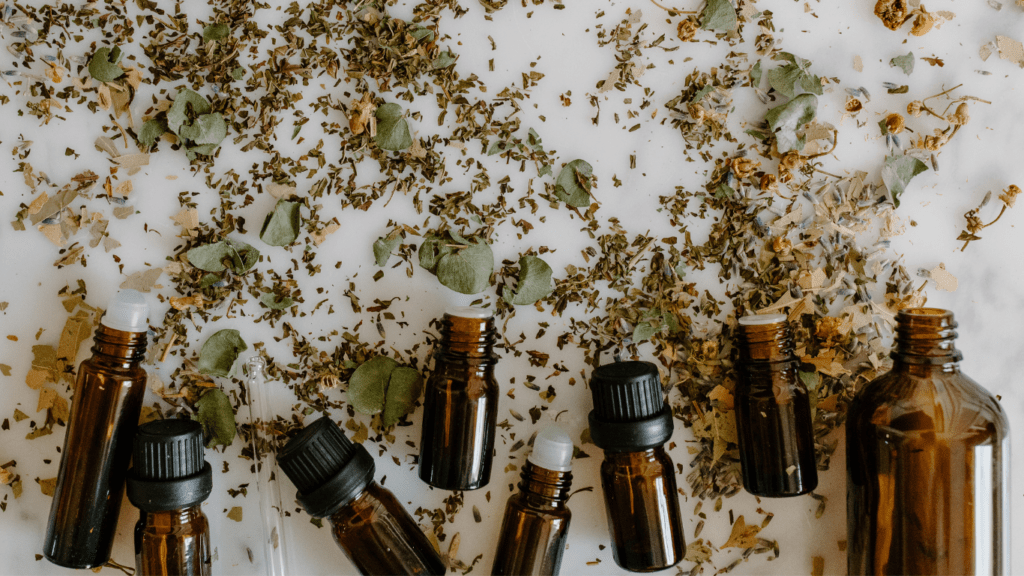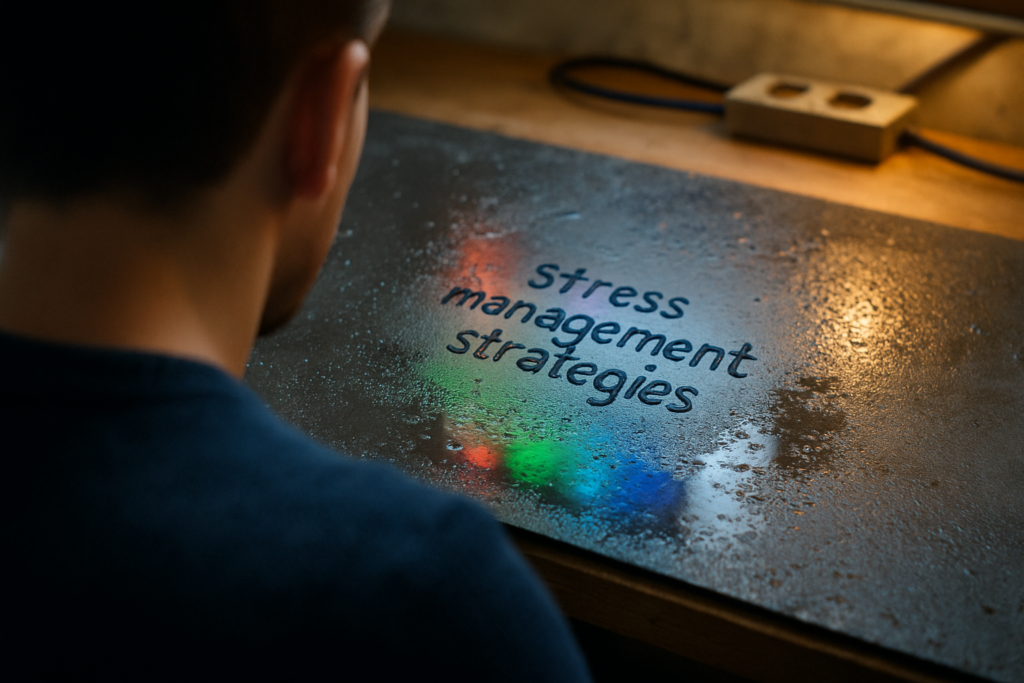Understanding Aromatherapy
Aromatherapy leverages essential oils to enhance both skin health and mental well-being. These oils, derived from plants, offer a variety of therapeutic benefits.
What Is Aromatherapy?
Aromatherapy is a holistic practice using essential oils extracted from plants to promote physical and emotional health. It involves inhaling oils or applying them to the skin.
Different oils target specific issues. For example, lavender oil reduces stress, and tea tree oil combats acne. Proper use requires high-quality oils and knowledge of each oil’s properties.
The Science Behind Aromatherapy and Its Benefits
Years of research show that essential oils impact brain function.
When inhaled, aromatic molecules interact with the olfactory system, affecting areas of the brain that control emotions and behavior, such as the amygdala and hippocampus.
Applying oils to the skin allows absorption into the bloodstream, affecting internal organs. Lavandula angustifolia oil, for example, offers anxiolytic benefits, as evidenced by a 2013 study published in Evidence-Based Complementary and Alternative Medicine.
Aromatherapy reduces anxiety, improves sleep, and enhances skin moisture levels, making it a versatile tool for well-being.
Essential Oils for Skin Care
Essential oils offer numerous benefits for skin care when applied correctly. They can address various skin concerns by choosing oils suited to specific skin types.
Choosing the Right Oils for Different Skin Types
Different skin types require different essential oils to achieve the best results.
- Dry Skin: Oils like Lavender, Sandalwood, and Geranium provide hydration and soothe dry skin.
- Oily Skin: Oils such as Tea Tree, Lemon, and Eucalyptus help balance sebum production and reduce shine.
- Sensitive Skin: Chamomile, Rose, and Ylang Ylang offer gentle care without irritation.
- Combination Skin: Rosemary, Patchouli, and Neroli balance oil production and moisturization effectively.
Choose oils based on your specific skin concerns to achieve optimal results.
How to Apply Essential Oils Safely
Applying essential oils safely is crucial for avoiding skin irritation. Always dilute essential oils with a carrier oil before application.
- Bathe: Add a few drops to your bathwater for an overall skin treatment.
- Massage: Mix essential oils with carrier oils like Jojoba or Almond and massage into the skin for moisturizing benefits.
- Spot Treat: Dab diluted oils on specific areas to address concerns such as acne or dry patches.
Remember to perform a patch test before widespread use to ensure no allergic reactions.
Essential Oils for Mental Health

Aromatherapy harnesses essential oils to support mental health. By using specific oils, we can reduce stress and enhance concentration.
Oils for Stress and Anxiety Relief
Lavender oil promotes relaxation and reduces anxiety. Research from the National Center for Complementary and Integrative Health highlights its effectiveness in calming the nervous system.
Chamomile oil soothes the mind, easing stress and promoting sleep. Bergamot oil uplifts mood and decreases anxiety levels. Ylang-Ylang brings a sense of calm and helps balance emotions.
Use these oils in diffusers, baths, or massages for optimal impact.
Enhancing Mood and Concentration with Aromatherapy
Peppermint oil improves focus and mental clarity. According to a University of Cincinnati study, it enhances cognitive performance. Lemon oil boosts mood and increases concentration.
Its invigorating scent encourages an uplifted state of mind. Rosemary oil enhances memory and cognitive functions. Sage oil stimulates the mind, promoting clarity and alertness.
Incorporate these oils into daily routines through inhalation or topical application for better results.
Practical Tips for Using Aromatherapy
Incorporating aromatherapy into daily routines can enhance both skin health and mental well-being. Follow these practical tips to make the most out of essential oils.
Creating a Routine for Skin and Mind Wellness
Establishing a consistent routine ensures the effective use of aromatherapy. Begin the day with invigorating oils like peppermint or lemon; these oils energize and stimulate focus.
For skin care, integrate essential oils into morning and evening skincare regimes. For example, apply diluted tea tree oil to combat acne in the morning.
Before bed, use lavender or chamomile oils to reduce stress and promote restful sleep. Diffusing calming essential oils during winding-down hours helps prepare the mind for sleep and reduces daily stress accumulation.
Recipes for Homemade Aromatherapy Blends
Creating your own aromatherapy blends allows for personalized experiences. For a relaxing blend, mix 5 drops of lavender, 3 drops of chamomile, and 2 drops of bergamot in a diffuser.
For an energizing blend, combine 4 drops of peppermint, 3 drops of lemon, and 3 drops of rosemary.
For skin applications, blend 5 drops of tea tree oil, 5 drops of lavender oil, and 2 tablespoons of jojoba oil for an acne-fighting serum.
Always perform patch tests before applying any blend to the skin to ensure no adverse reactions.


 Bradley Frankirly is a distinguished article writer at Body Care And Matter, bringing a unique perspective to the world of health and wellness journalism. With a keen eye for detail and a passion for storytelling, Bradley crafts articles that resonate deeply with readers, offering both informative content and a relatable narrative.
Bradley Frankirly is a distinguished article writer at Body Care And Matter, bringing a unique perspective to the world of health and wellness journalism. With a keen eye for detail and a passion for storytelling, Bradley crafts articles that resonate deeply with readers, offering both informative content and a relatable narrative.

